The 17 Best Games That Shaped the Decade
Some of the best games we've ever seen came out in the past decade, but the 2010s were also the most turbulent, transformative, and revealing years for video games. Game development costs skyrocketed to new, unsustainable heights. Some games became never-ending, always online, services that you pay for in subscriptions. As advancements were made in public health care, indie game development flourished, and then regressed accordingly as it was dismantled. Games also reached beyond what was previously thought possible, delivering beautifully detailed worlds, touching and intimate narratives, and shared cultural experiences unlike any others. Here, according to the GQ staff, are the most important and best games of the decade.
Bloodborne
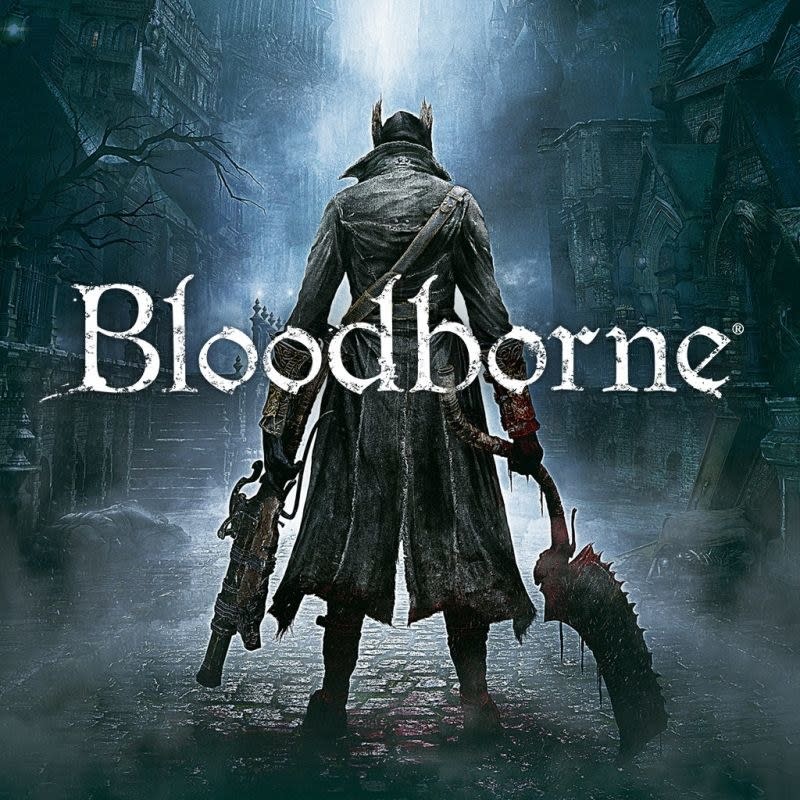
Hidetaka Miyazaki, the man behind the iconic Dark Souls series, directs with games dark themes and obscure plots; gameplay is violent and, above all, difficult. Enter the Hunter, your character in Bloodborne. You’re tasked with slaying uber-creepy Beasts that wander the streets of a Victorian city by night. But as you unpack the game’s Lovecraftian story, you realize that Beasts are really diseased townspeople. Bloodborne features much of what people love about Dark Souls—rich mythology, intense combat—but manages to feel like a distinct entity from Miyazaki’s previous work. And Bloodborne was a blockbuster, a horrifying RPG that sold over a million copies in little more than a month. More importantly, it proved the continued commercial viability of a strong narrative and creative direction, no matter how far it sits outside the mainstream.—Colin Groundwater
Overwatch
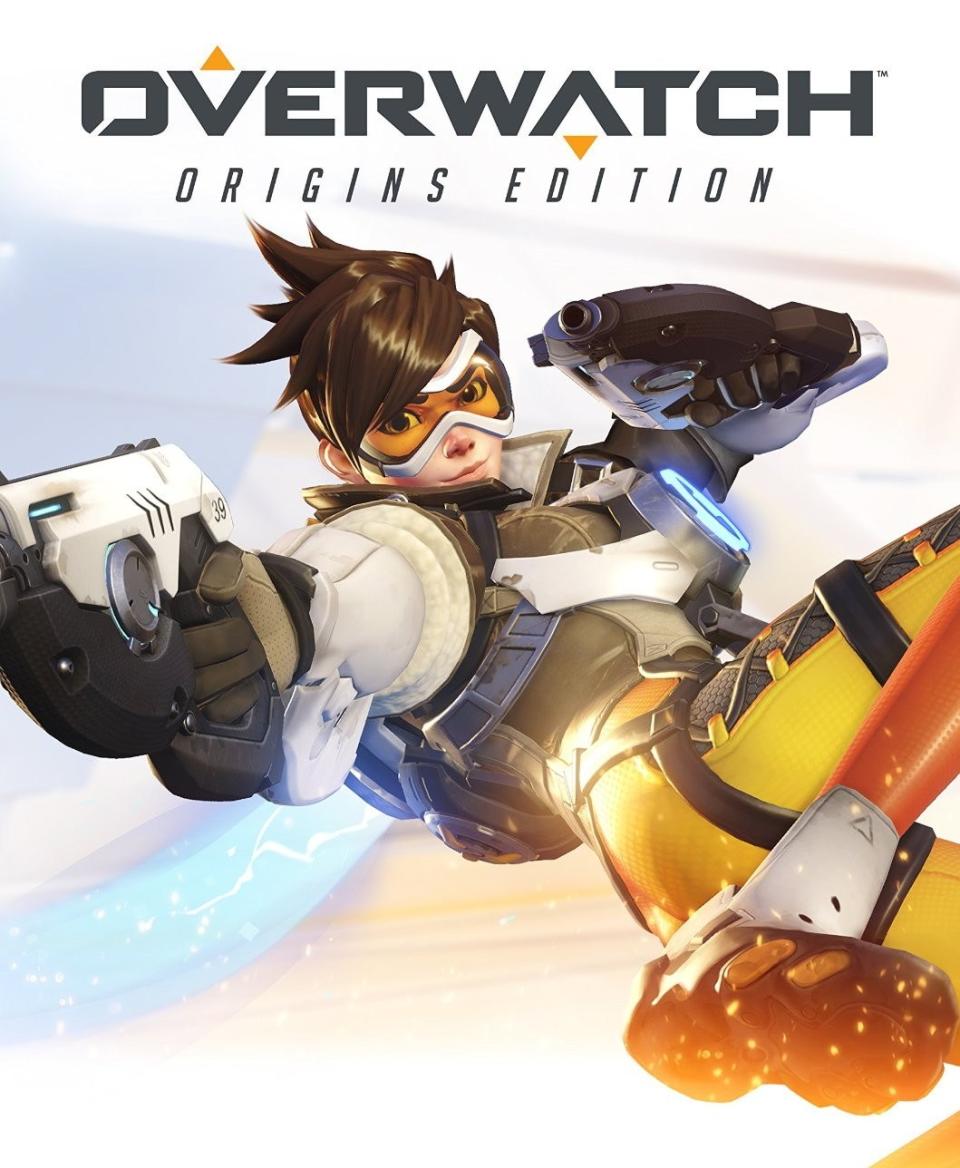
I have played literally thousands of hours of Overwatch, because it offers a much needed breath of fresh air in my life. The game’s genius lies in how it blends different genres: it borrows from competitive shooters, real-time strategy games, MOBAs, and wraps it all up in a beautifully rendered world. Overwatch’s approach to competitive gaming does something novel in how it creates a colorful, engaging universe for its characters. It also jump started an e-sport industry that’s sweeping in its appeal. Four years since its birth, Overwatch deservedly remains massive in reach, and has established that it’s around for the long haul. We’re better off for it.—Gabe Conte
Breath Of The Wild
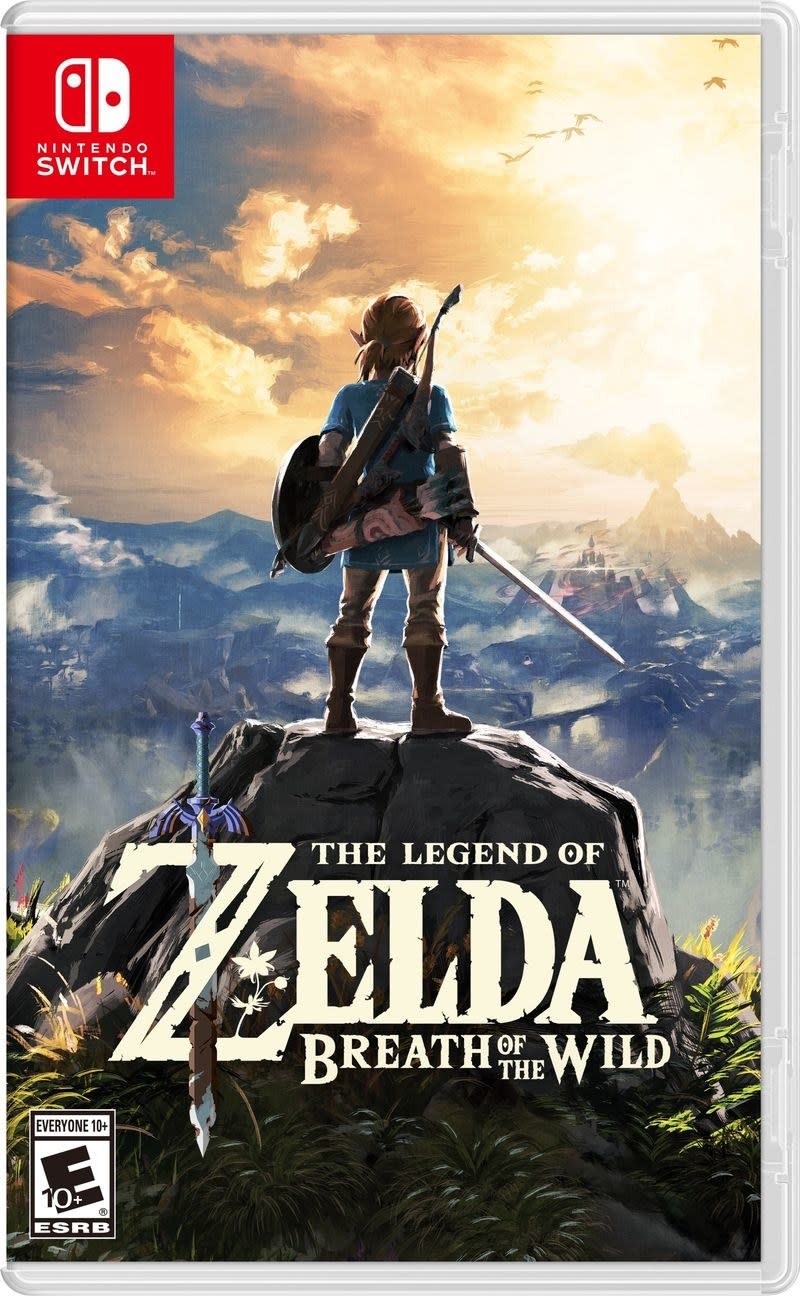
I didn’t like Legend of Zelda games before Breath of the Wild. I’d get stuck in some puzzle-filled dungeon, killing my momentum and ending any sense of adventure I’d felt (looking at you, Snowhead Temple from Majora’s Mask). Breath of the Wild changed that. It’s all adventure, all momentum, unless you want to stop and take in the Miyazaki splendors of this particular part of Hyrule. That mountain off on the horizon? You can just walk in a straight line and actually go there—you just might need to fight some Bokoblins, climb some cliffs, and avoid getting distracted by that glowing shrine first. For the first time, playing a game finally meant experiencing freedom.—James Grebey
Journey
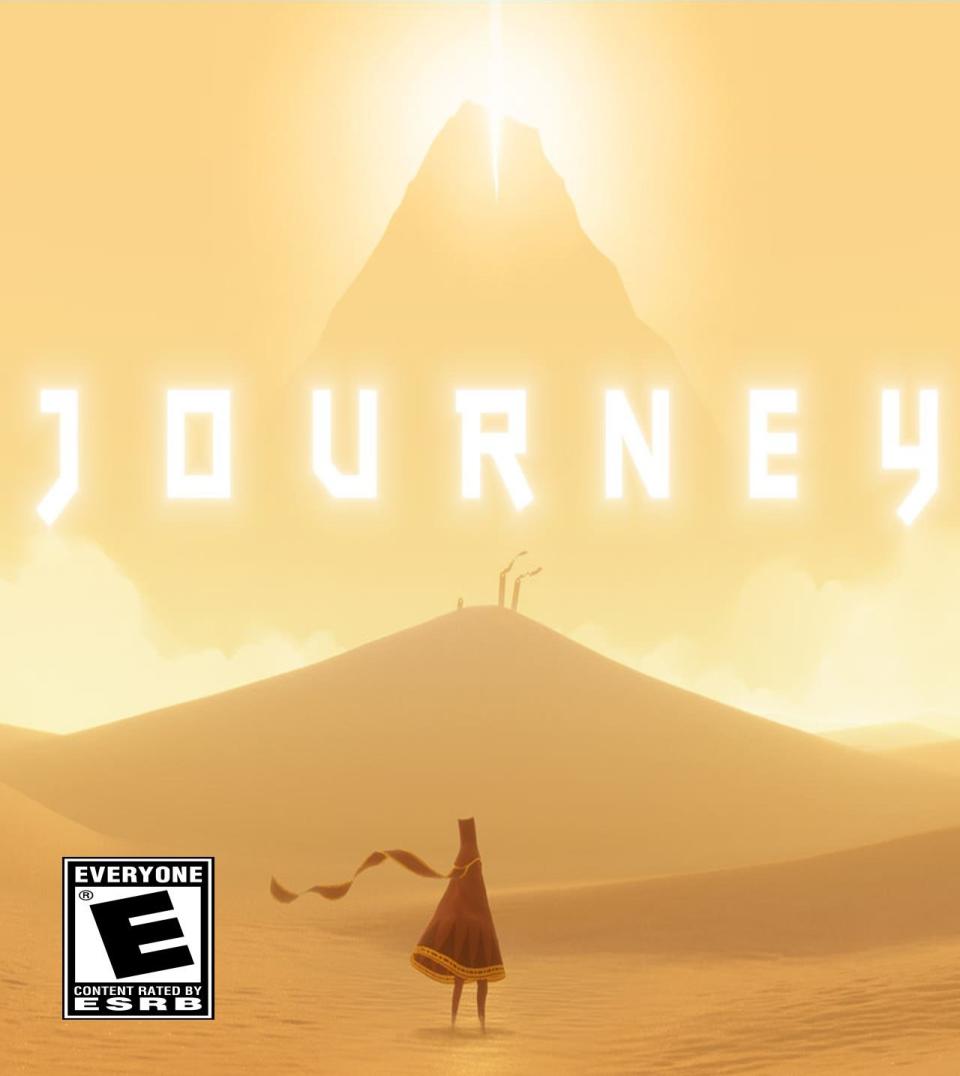
Thatgamecompany had released games like Journey before. The wonderful and soothing Flower, most prominently, puts you in control of the wind, and tasks you with repopulating the floral life of a world sucked dry of its color and joy. But Journey was a big step forward, a game that takes the ideals of wonder and exploration and harmony and uses them as stepping stones for a strong narrative. The name of the game is quite literal: you control a mysterious robed figure on a pilgrimage to a far-off mountain. Journey is a quiet game full of meditative silence and movement. It proved that games didn’t need to be all blood and gore to succeed; for a moment, all was calm..—G.C.
Stardew Valley
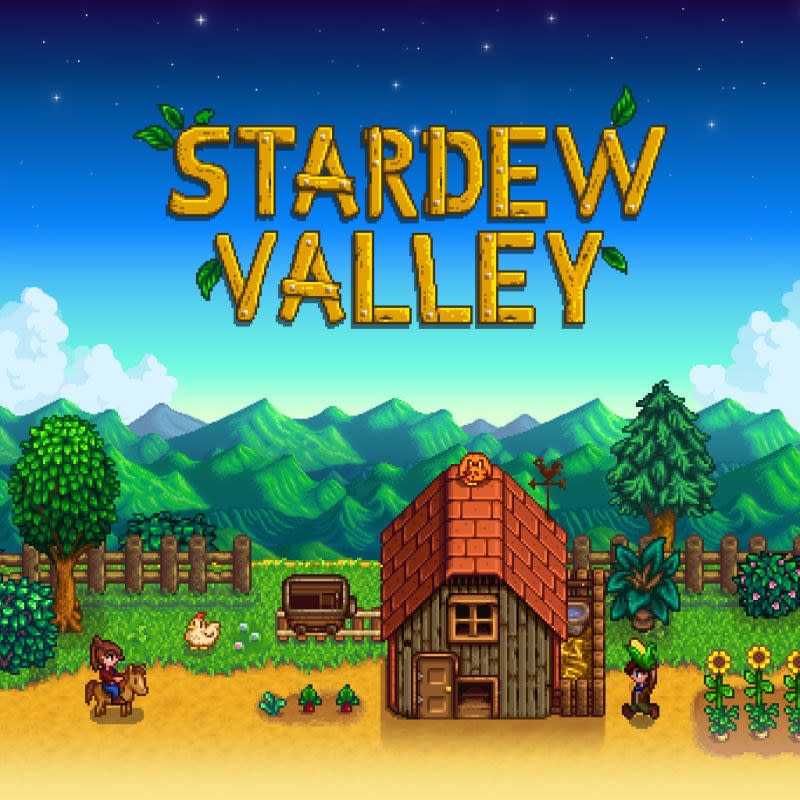
Charming, small-town farming games existed before Stardew Valley—and Concerned Ape, the developer who almost single-handedly made Stardew, will readily admit that it owes a great deal to the Harvest Moon series. But Stardew is distinctly a farming game for this decade, making burnout an explicit part of its plot. Just as I fire up Stardew Valley to escape life’s wrinkles, my little avatar heads to the farm to escape his own dead-end job. Going through the familiar routines of planting and harvesting crops, making friends with the townsfolk, and exploring the secrets of a (literally) magical little valley feels like self-care, both in-game and out.—J.G.
Destiny
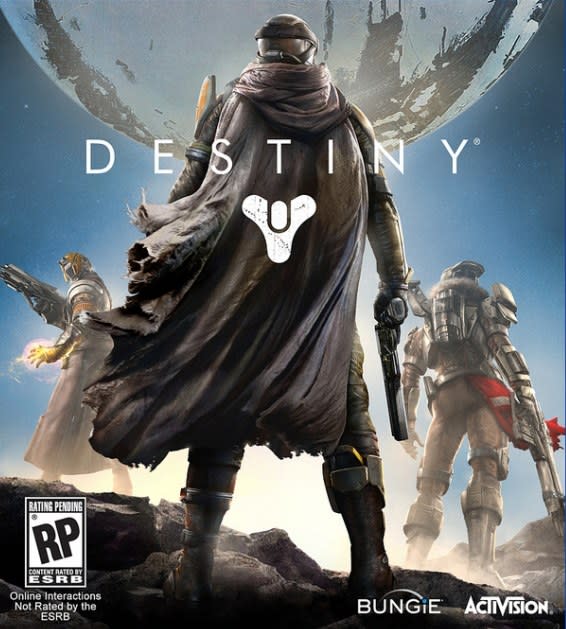
Destiny is a lavish science-fiction space-opera developed by Bungie (the creators of Halo, another lavish and beautiful space opera). In it, the player takes part in a never-ending fight against the galaxy’s evil forces, defending the last vestiges of humanity against the darkness. And yes, Destiny is a game about killing aliens, but it’s primarily a game about process and power. Its allure is that there is always something you can do to make your character more powerful, constantly drip-feeding you progress by creating an infinite number of feedback loops for you to complete. It’ll make you lose countless nights in pursuit of greatness, but there’s no place I’d rather be.—G.C.
Skyrim

I played Skyrim when it came out, and I played it again when it was re-released on the Nintendo Switch. I am not going to attempt to calculate the total number of hours I’ve spent exploring Tamriel’s dragon-plagued north because I think the answer would be upsettingly high. And yet, despite all that time, there’s still a treasure trove of quests, secrets, and sights that I haven’t discovered. Breath of the Wild would succeed along these same lines, but Skyrim boasts a customizability and deeper narrative. (And, to be fair, if you have a horse and enough perseverance to battle Skyrim’s physics, you can climb a near-vertical mountain just like Link can.)—J.G.
Mass Effect 2
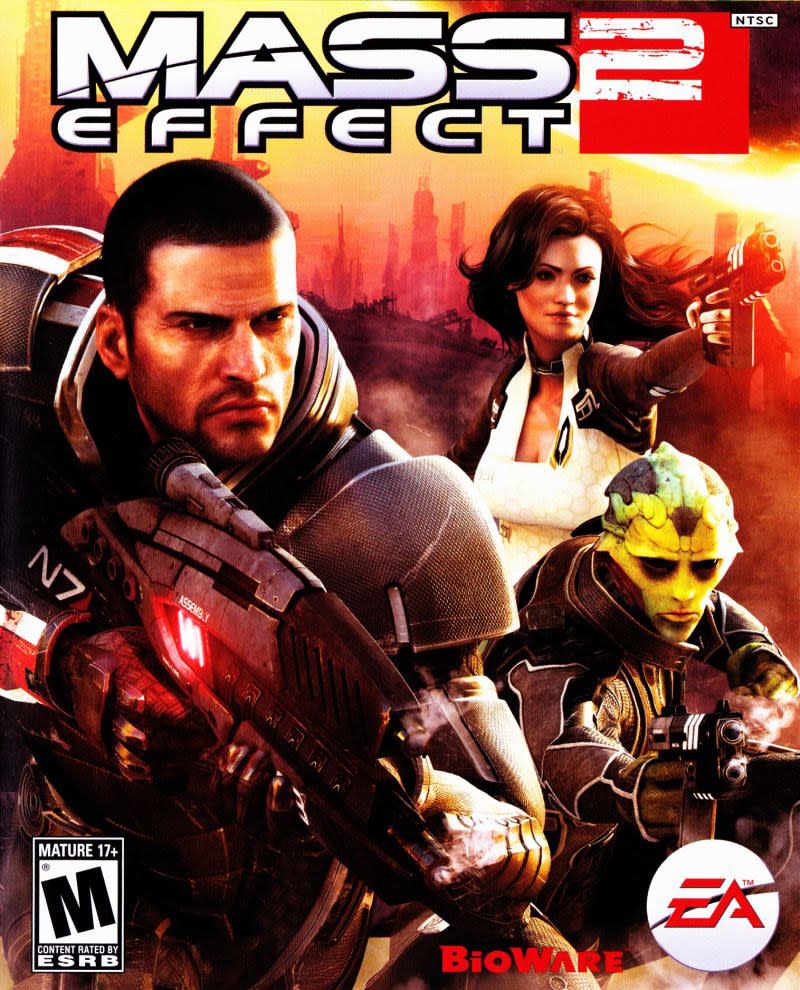
The second installment in Bioware’s much-lauded series brought with it the promise of a new kind of AAA game—one with consequences, permanence, and player agency. The Mass Effect series is notable for its storytelling, putting the players in control of almost every major decision, and then forcing them to live with those choices throughout the massive trilogy. Mass Effect 2 combined these ideas to heights—by placing the player at the very center of a massive story, and allowing them to drive the narrative wherever they see fit. Its enthralling and dense story proved that if developers loosened up the reins and gave players the reins, something truly wonderful could happen.—G.C.
Spelunky
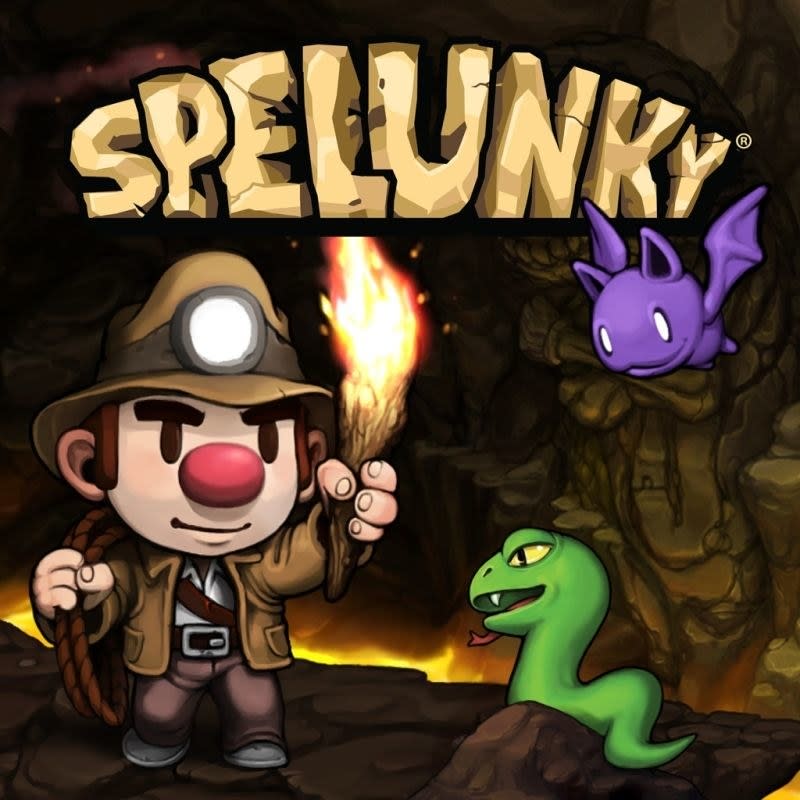
There will never be a perfect game, but Spelunky— a run-based, dungeon-diving masterpiece by designer Derek Yu—is as close as we'll ever get. In it, you play as an intrepid and cursed immortal explorer in search of treasure in a giant, ever-changing cave. Spelunky has the highest highs and lowest lows of any game I’ve ever played. In classic rogue-like structure, you get one life to beat the game and it is incredibly punishing. Once you lose, the game uses procedural generation to create an entirely new set of levels, ensuring that every time you start over, the game will be completely different. The brilliance in this is that Spelunky requires full mastery of its gameplay to beat. There’s no memorizing patterns, no skipping over hard levels—just you, your tiny spelunker, and a deep, deep cave filled with monsters to fight and treasure to find.—G.C.
Nier: Automata
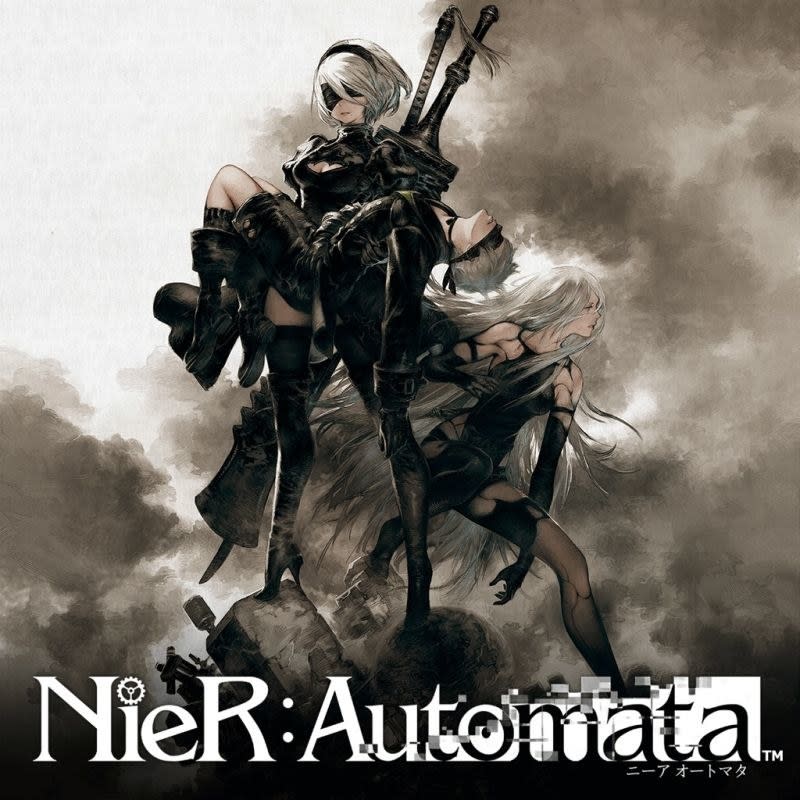
Nier: Automata is a game about genocide, generational cycles of violence, depression, climate change, the end of the world, and so much more. It’s also a game where you play as a bunch of anime androids with giant swords, and hides its true, secret, final ending behind consecutive play throughs. The final, true ending of the game wraps up with a monologue between two robots, your “helper pods.” They’re having a deep an introspective conversation about life and death as they salvage the bodies of the main characters to put back together. One pod is quick to bring up the possibility that, after reassembling them, they will come to the same violent, hateful end yet again, doomed to repeat the mistakes of the past. “I cannot deny the possibility,” a pod responds. “However, the possibility of a different future also exists.”
The game ends on this note, a painfully accurate depiction of what it means to be human, and what it means to struggle. The last thing Nier: Automata prompts you to do is to ask you to leave some words of encouragement for other players who have yet to finish the game; it’s touching in profound in ways that I didn’t know games could be.—G.C.
The Witcher 3: Wild Hunt
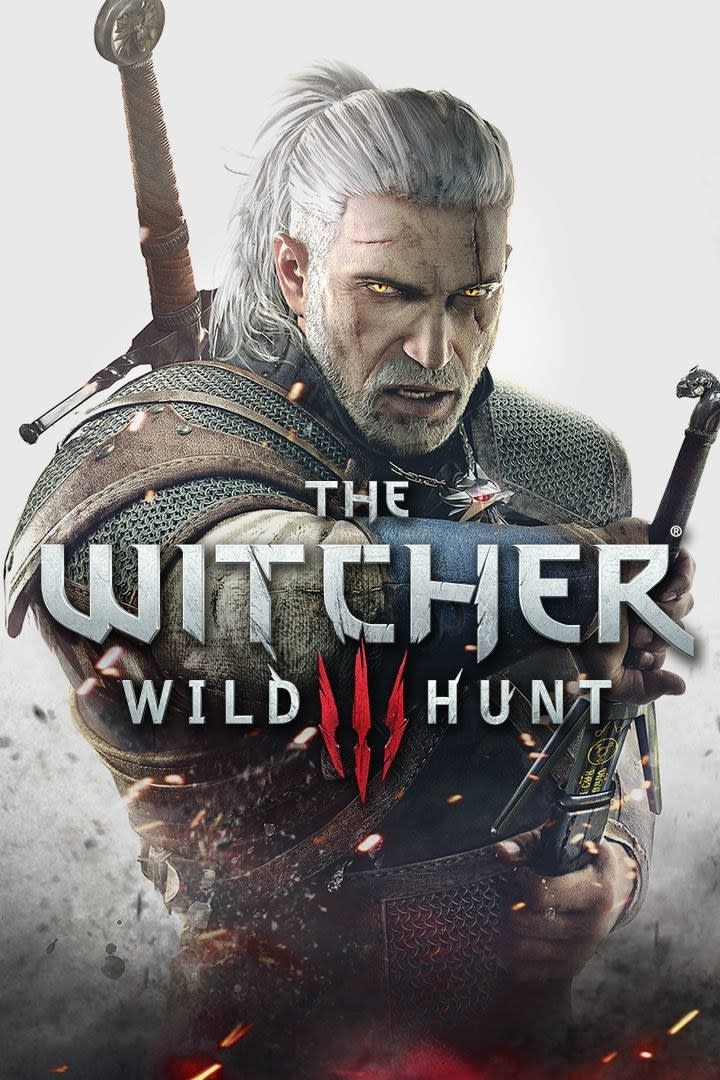
The Witcher is a long-running and famous Polish literary series about Geralt of Rivia (it’s also now a Netflix series, but the less said about that right now, the better). A witcher is a monster hunter for hire in this universe, a handyman if your problem is that the ghost of your dead child haunts your house instead of, you know, a clogged drain. Witcher 3 is one of the most well-written and fascinating fantasy stories of the decade, letting you lose in a massive and incredibly detailed world. You’ll want to get lost there for days.—G.C.
Minecraft
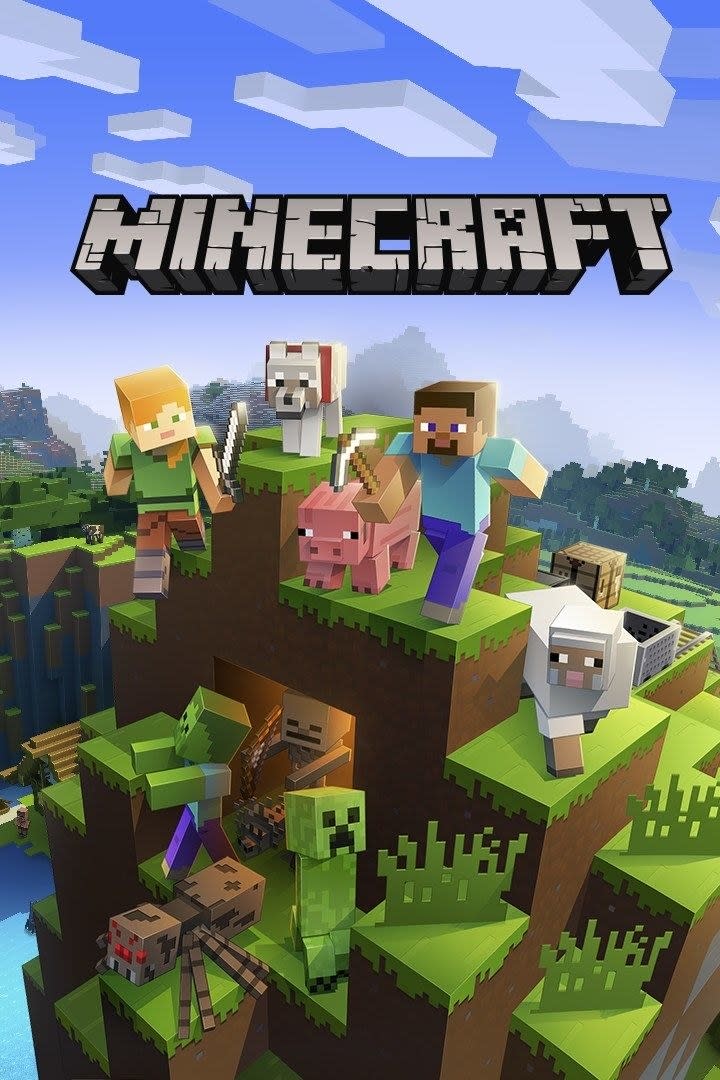
One day, games scholars will cite history as pre-Minecraft and post-Minecraft. It’s hard to overstate the impact it’s had on games today: its appeal is universal and brilliant, offering a giant and colorful open world for you to explore and build in, and filled with monsters to fight, caves to explore, and treasures to find. I’ve spent hundreds of hours playing Minecraft. It’s such a simple concept, but has layers and layers of complexity underneath it that allow you to create almost anything. It’s a game where you can literally make a functioning computer inside of it. I can’t think of a single other thing quite like it.—G.C.
Gone Home
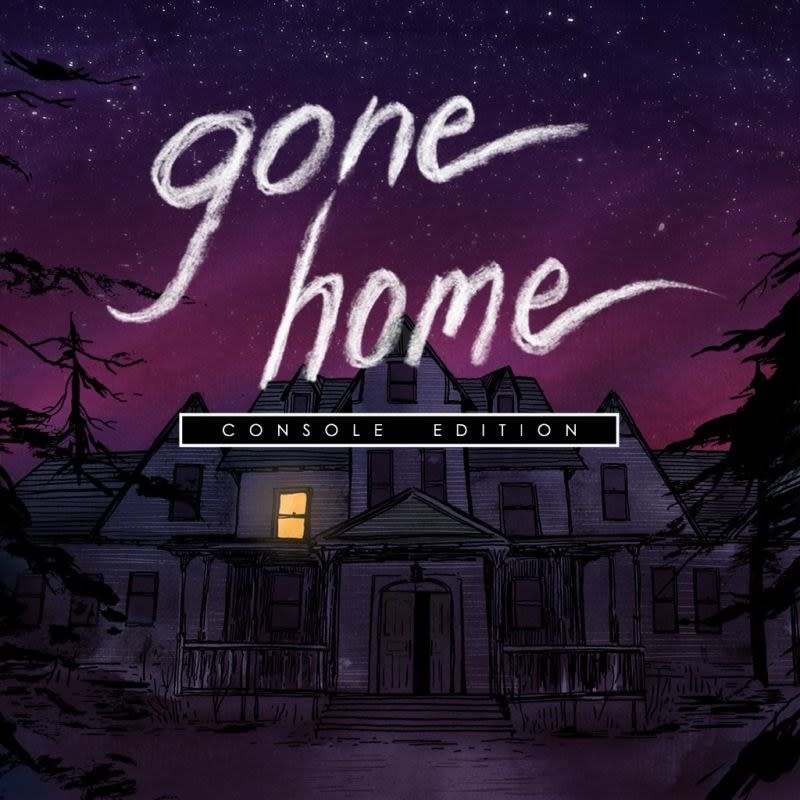
This first-person exploration game takes place entirely inside an empty house. You play as 21 year old Katie Greenbriar, returning home to see your family after spending some time abroad—except when you get there, you find your house empty, and your family nowhere to be seen. What ensues is a slow, deep exploration into what happens to families in times of strife, and the pain that people keep hidden.—G.C.
Five Nights At Freddy's
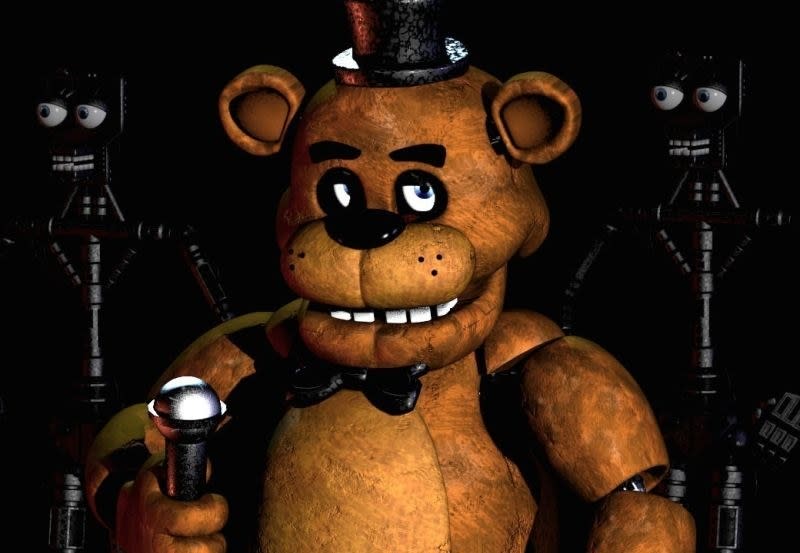
Five Nights at Freddy’s may be responsible for the boom of streamer and YouTube culture. Think about it: the game came out of relative obscurity, and quickly exploded in popularity because of the famous, intensely controversial YouTuber PewDiePie. His original video playing Freddy’s has 16 million hits, making it one of his most popular, and spawned an entire cottage industry around streaming the game. FNAF’s jump scares, combined with how easy it is for anybody to play, created a perfect, must-see-TV(-ish) sequence of events.—G.C.
Papers, Please
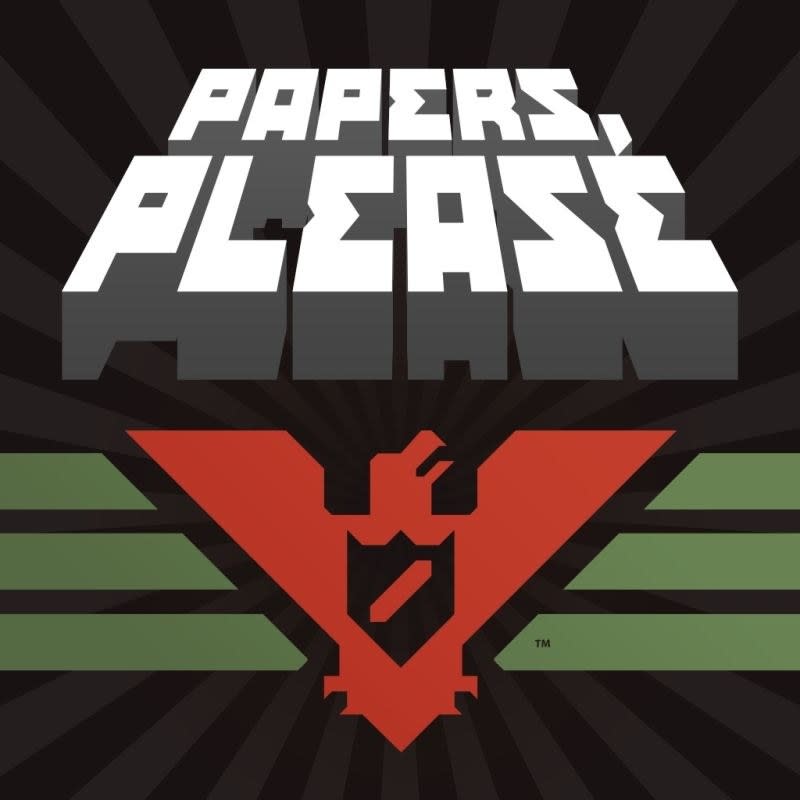
On paper (see what I did there), it’s hard to make Papers, Please sounds appealing. It’s a puzzle game set in a fictional Eastern European country; you play as an immigration officer, processing refugees from hostile border countries. It’s deeply unsettling. It utilizes lo-res visuals and audio, and as you play, its mechanics get progressively harder, as the politics of the fictional country are twisted to reflect the prejudices of a country at war. It’s an explicitly political game with a message, and utilizes the interactivity of games to make people understand the harm that nations inflict on the individual by making the player complicit in a broken system. Papers, Please came out in 2013, but you’d be excused for thinking it’s a terrifying analogy for our broken modern-day United States.—G.C.
Undertale
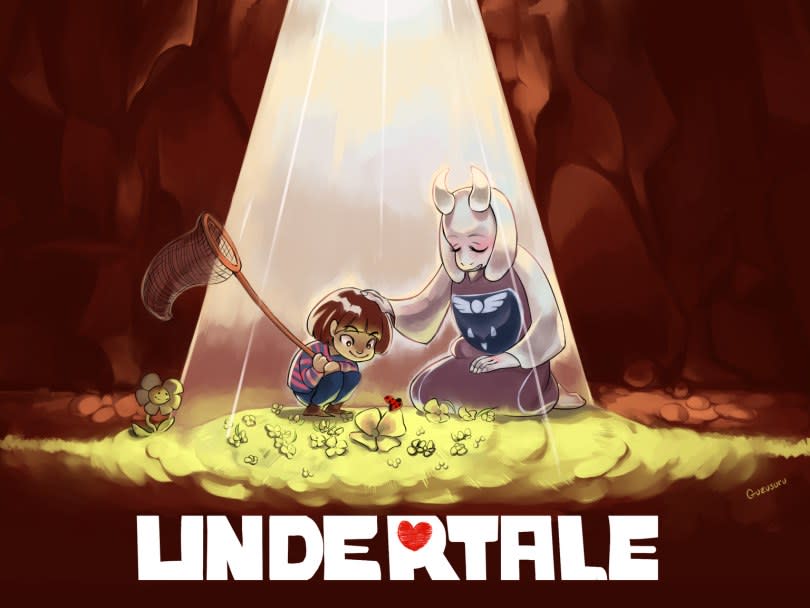
Undertale is a lesson in perseverance. It’s a game that deals out brilliance and genuine emotion in spades. Unfortunately, it’s hard to talk about the thing in Undertale without completely spoiling the game. Just know that Undertale is a game that is aware that it’s a game, and that you (yes, literally you, the player) are the end-all/be-all in its world. It uses its own mechanics as a means of serving players a deeply powerful message about compassion, thoughtfulness, and the violence and trauma that we pass down from generation to generation.—G.C.
Depression Quest

There are few games that tackle the subject of mental illness with the thoughtfulness of Depression Quest. Designed by Zoë Quinn, the game puts you in the shoes of a person suffering from depression, and has you play through a text adventure following their life. The game presents you with day to day events: going to work, adopting a cat, getting dinner with your family. Then it presents you with options for how to progress, although you may be hampered by your depression. Certain options will be unavailable for you, but presented nonetheless. It’s not just a metaphor, but a digital representation of how depression can manifest.
Depression is painful, hard to describe, and more often than not, not taken seriously enough until it’s too late. Depression Quest is the most effective demonstration I’ve ever seen at communicating its magnitude. We’d all benefit from more games with its focus, compassion, and understanding.—G.C.
From a Norman Reedus hiking simulator, to a game about being a horrible goose, 2019 was an exemplary year for video games.
Originally Appeared on GQ


